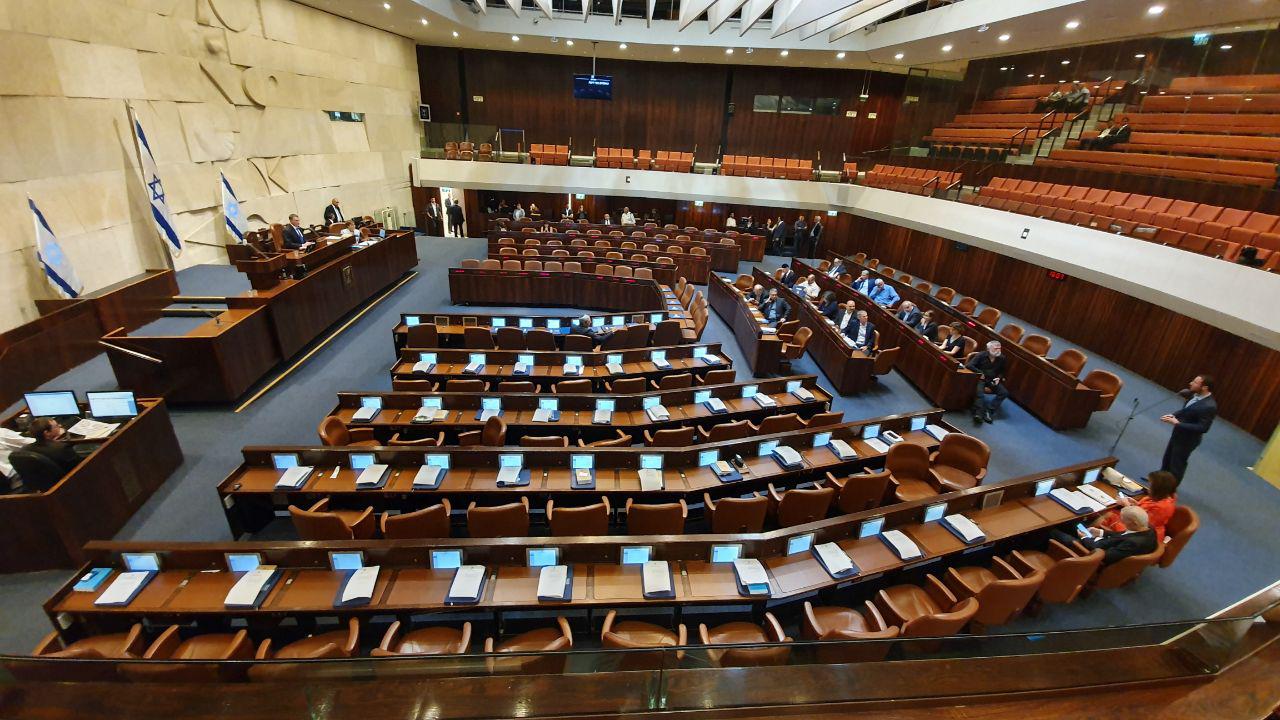Yisrael Beytenu leader Avigdor Lieberman's statement on Wednesday that Israel is headed into fresh elections, with only Prime Minister Benjamin Netanyahu and Blue and White leader Benny Gantz to blame, brings Israel a few steps closer to a third election campaign in less than a year.
- Follow Ynetnews on Facebook and Twitter
Such a move entails a relatively long, predefined procedural timeline, enshrined in law. This 90-day period is designed to facilitate the organizational process involved in holding an national election, but inevitably means political maneuvering as well.
But before this 90-day can come into effect, there has to be another 21-day period in which any Knesset member can try to form a new government, with the same caveats that thwarted Gantz and Netanyahu, namely the support of 61 MKs.
Failure to shorten this 111-day timeline will mean that the State of Israel concludes a full year of economic paralysis in a transitional government, in which the Knesset, its committees and important legislative procedures, as well as budgets, remained stuck.
The next election, unless a surprise agreement on a new government is reached by Wednesday midnight, will probably be held in early March.
Some in the political establishment argue that if there is not a new government by the time Gantz's hourglass runs dry, then it is worthwhile reconsidering this time frame, including perhaps skipping the 21 days in which any MK can try to form a government.
Those who wish to expedite elections point out that neither Blue and White nor Likud is ready to abandon its basic principles and the prospect of a unity government remains low.
One must also take into account Liberman's statement that he will not join a right-wing, religious government led by Netanyahu or a minority government led by Gantz with external backing from the Joint List.
If the Knesset does decide to shorten the timeline in order to accelerate fresh elections, special legislation will be required that needs the support of 61 lawmakers.
Sources in the Knesset said that the decision on whether to shorten the timeline before elections also depends, among other things, on the ability of the Central Elections Commission (CEC) to complete its logistical preparations in line with a new timetable.
And what does the CEC say?
Its members are reluctant to change the law so that elections can be held in less than 90 days.
"We are working on an accurate 90-day preset schedule and which poses problems if truncated," the committee said.
"For example, at present the Supreme Court has five days to hear appeals about decisions by the CEC on disqualifications from running in the elections. If they cut the timeline further - there will be no time for this.
"You can't tell the Supreme Court to discuss all the disqualifications within a day, that's the most important thing about democracy. Any change will make it more difficult for the process to be carried out. There is a reason for the 90-day statute, which is based on the required preparation time period that we need."
However, the committee says that the decision is ultimately made in the Knesset and it will implement whatever is decided there.
"If they want a change, we will present the problematic data, but the commission will do its best anyway. There may be a certain problem (with staffing) because we use civil servants who have already worked two election campaigns in succession. In the last election it was difficult to recruit staff because this upset their employers."




